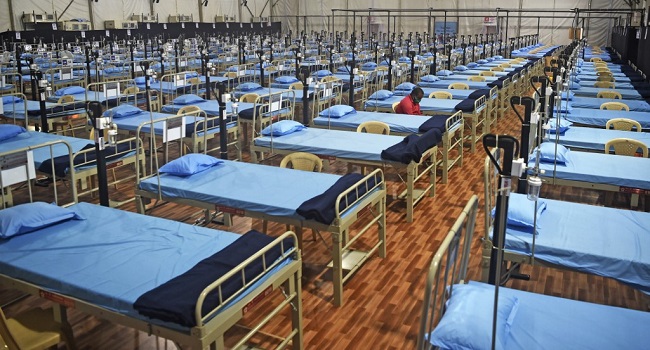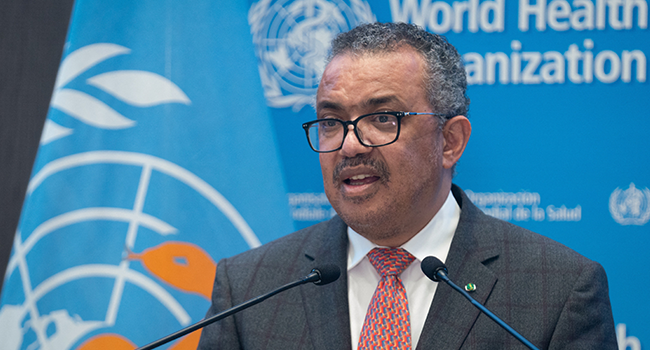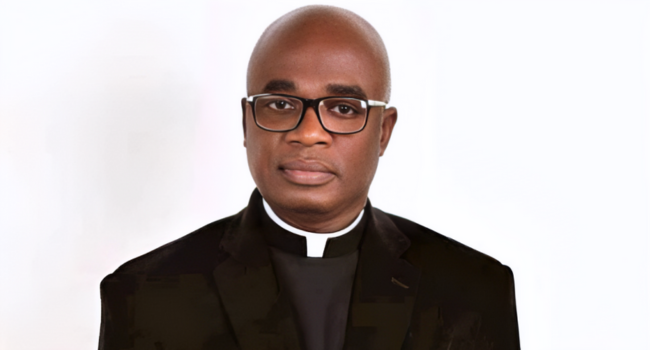
India’s financial capital Mumbai opened four new coronavirus field hospitals on Tuesday — including one at a horseracing track — as the nationwide death toll jumped past 20,000.
Hospitals in densely populated cities such as Mumbai and Delhi are struggling to cope with the epidemic, and the country now has around 720,000 infections — the world’s third-highest.
The Mumbai region, which accounts for about a quarter of India’s 20,100 deaths, has suffered a new surge in infections, forcing authorities to build makeshift hospitals and quarantine facilities.
Schools, hotels, a planetarium and a stadium used to host US NBA games last year have all been repurposed, and on Tuesday four new field hospitals — including 700 beds inside the Mahalaxmi horseracing venue — were opened.
The new facilities will together provide an extra 3,500 beds in the city of 20 million, where hospitals have been overwhelmed with hundreds of patients each day.
Health workers have complained about severe staff shortages, with some senior doctors and nurses avoiding frontlines because of their vulnerability to the virus due to age or conditions such as diabetes.
“Required medical help will be available at these four new treatment centres,” said a spokesman for the government of Maharashtra state, of which Mumbai is the capital.
As the death toll climbs, critics say the country is not testing enough — leaving many infections undiagnosed.
India’s caseload is predicted to pass one million this month and not peak for several weeks.
AFP




